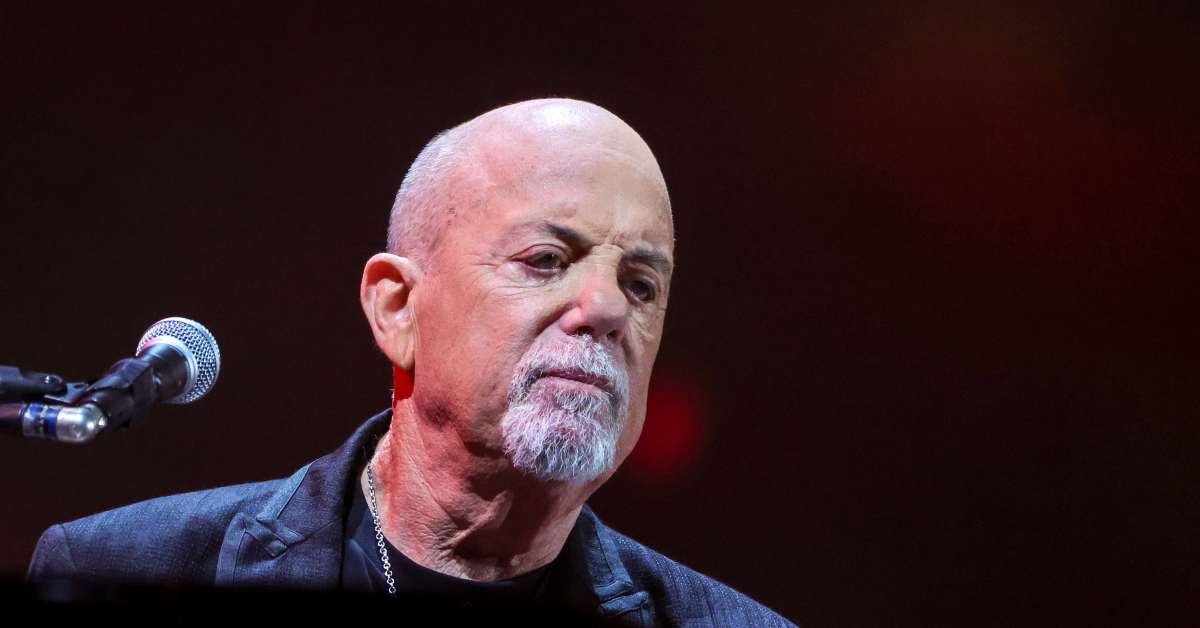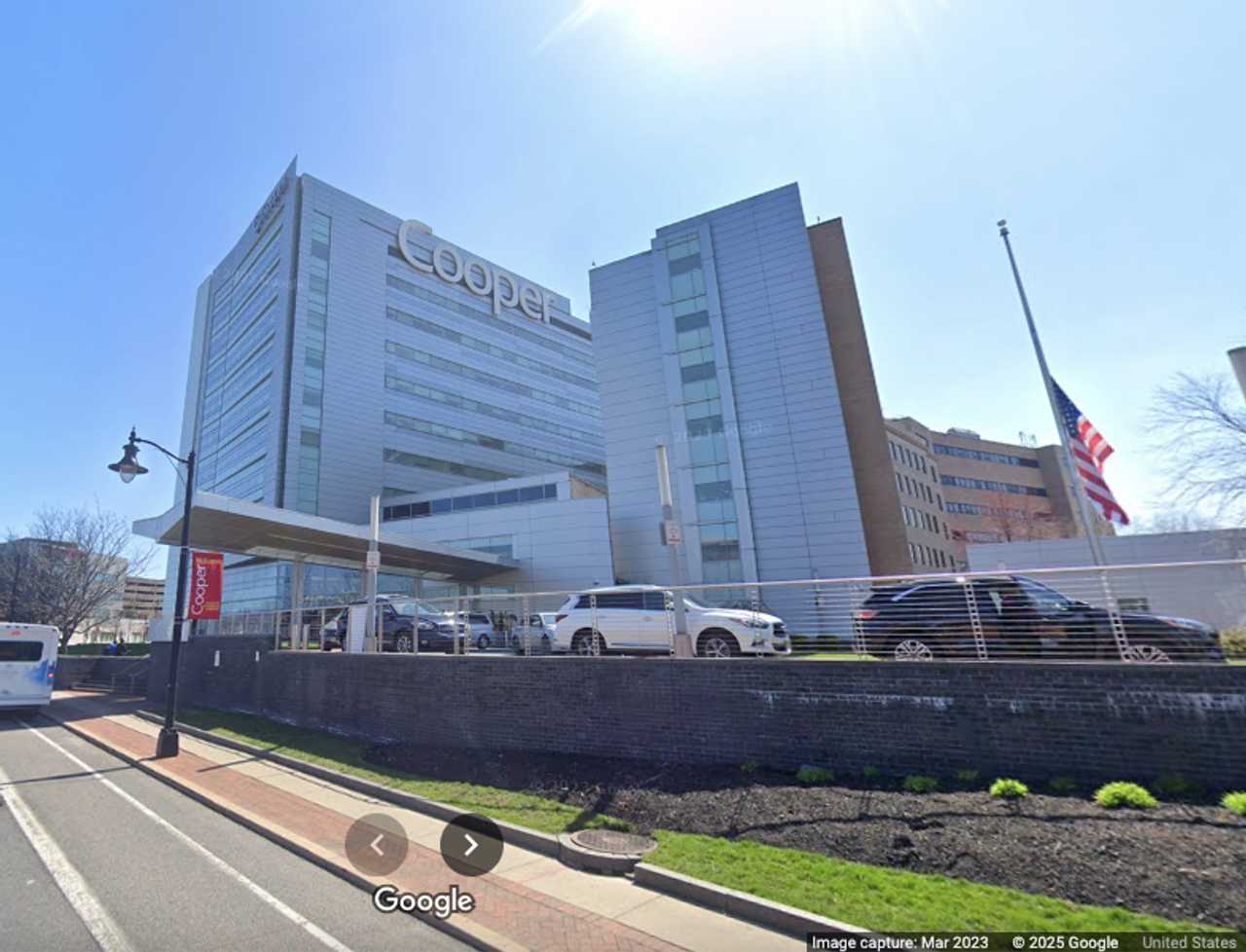The Power of Connection: How Strong Relationships Boost Your Health and Wellbeing

We all crave connection. It's a fundamental human need, woven into the fabric of our society and, increasingly, recognised as a cornerstone of our health and wellbeing. While we often focus on diet and exercise when thinking about health, a growing body of research consistently highlights the profound impact of our relationships – both positive and negative – on our physical and mental state.
From childhood friendships to romantic partnerships, family ties, and community involvement, the quality and quantity of our social connections are inextricably linked to our overall health. This isn't just anecdotal; study after study, across diverse populations, reinforces this vital link.
The Science Behind Connection
The science is compelling. Research shows that strong social connections can literally strengthen our immune system. When we feel connected, our bodies release hormones like oxytocin, often referred to as the 'bonding hormone,' which reduces stress, lowers blood pressure, and promotes feelings of safety and trust. Conversely, loneliness and social isolation trigger a stress response, leading to increased cortisol levels and inflammation, both of which contribute to a range of health problems.
Studies have linked social isolation to an increased risk of cardiovascular disease, stroke, dementia, depression, anxiety, and even premature mortality. The effects are comparable to those of smoking 15 cigarettes a day or being obese. This is a stark reminder that our relationships aren't just 'nice to haves'; they are essential for survival and thriving.
Beyond Physical Health: Mental Wellbeing
The impact extends far beyond physical health. Strong social connections provide a buffer against mental health challenges. Having someone to talk to, to share burdens with, and to offer support during difficult times can significantly reduce the risk of depression and anxiety. Feeling valued and belonging to a community fosters a sense of purpose and self-worth, crucial for mental resilience.
Furthermore, social interaction stimulates our brains, keeping them active and engaged, which can protect against cognitive decline as we age. Simply engaging in conversation, participating in group activities, or volunteering can have a positive impact on brain health.
Cultivating Connection in a Modern World
In today's increasingly digital and often isolating world, cultivating meaningful connections can be a challenge. However, it's more important than ever. Here are a few practical steps we can take:
- Prioritise Relationships: Make time for the people who matter most. Schedule regular catch-ups with friends and family, even if it's just a quick phone call.
- Join a Group: Find a hobby or interest group that aligns with your passions. This is a great way to meet like-minded people.
- Volunteer: Giving back to your community is a rewarding way to connect with others and make a difference.
- Be Present: When you are with others, put away your phone and be fully present in the moment.
- Reach Out: Don't be afraid to initiate contact. A simple 'hello' can go a long way.
Conclusion
The evidence is clear: personal connections are not just a luxury, but a fundamental pillar of health and wellbeing. Investing in our relationships is investing in our future selves. Let's make a conscious effort to nurture our connections and build a more connected and healthier society.






